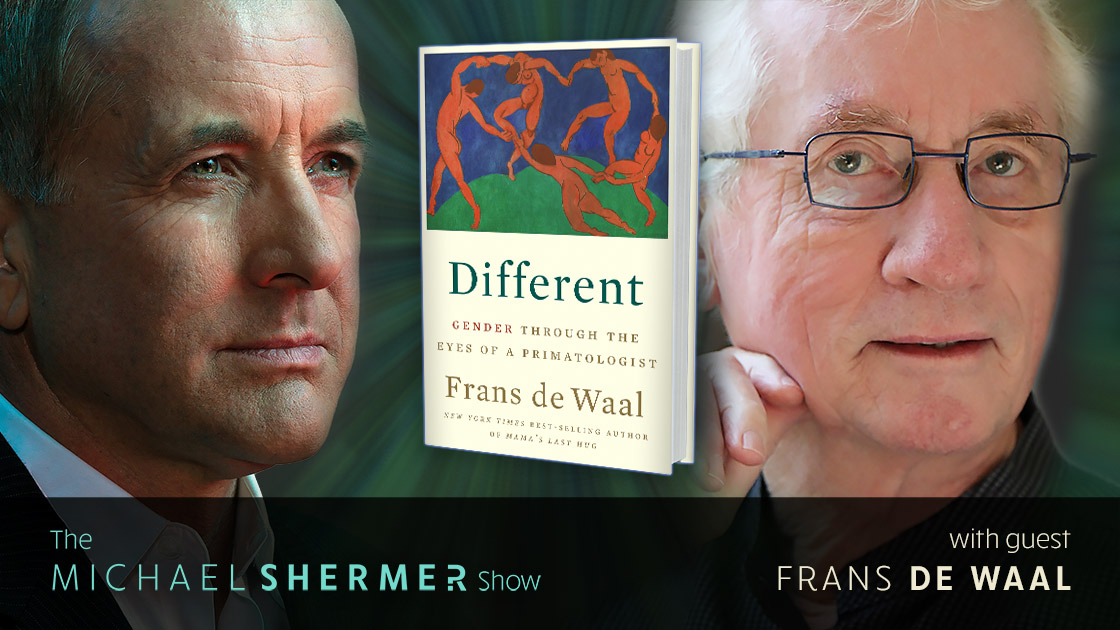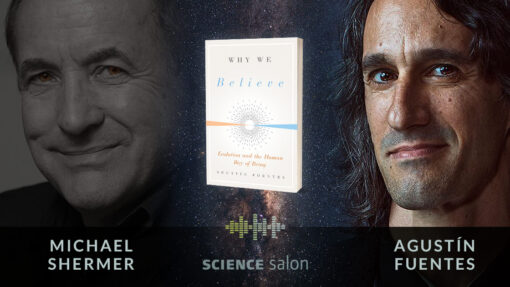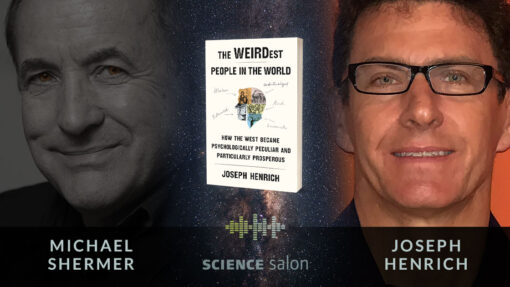monogamy

Shermer and Klein discuss: sex therapist and the reasons people seek therapy • self-help sex books • sexual orientation • asexuality • sex abuse • infidelity • monogamy • polyamory • trans • homosexuality • sex education • the case against the sexual revolution • sex addiction • pornography • the anti-pornography movement • prostitution • obscenity and censorship • pedophilia.

Shermer and Perry discuss: What was the sexual revolution? • feminism: first wave, second wave, third wave, and beyond • the evolutionary psychology of sex differences • experiencing self vs. remembered self • individual freedom vs. societal good • monogamy vs. polygamy • marriage vs. domestic partnerships • Why is the government in the marriage business? • BDSM and sexual violence • autogynephilia • trans matters • abortion matters.

What is gender? How different are men and women? Are differences due to biological sex or to culture? How do they compare with what is known about our fellow primates? Do apes also culturally learn their sex roles or is “gender” uniquely human? Michael Shermer and Frans de Waal discuss sexual orientation, gender identity, and the limitations of the gender binary, exceptions to which are also found in other primates.

In episode 192, Michael speaks with husband-and-wife team Lesley Newson and Peter Richerson about the deep history of humankind discussed in their book, A Story of Us, in which they present this rich narrative and explain how the evolution of our genes relates to the evolution of our cultures.
In episode 192, Michael speaks with husband-and-wife team Lesley Newson and Peter Richerson about the deep history of humankind discussed in their book, A Story of Us, in which they present this rich narrative and explain how the evolution of our genes relates to the evolution of our cultures.

Why are so many humans religious? Why do we daydream, imagine, and hope? Philosophers, theologians, social scientists, and historians have offered explanations for centuries, but their accounts often ignore or even avoid human evolution. Fuentes employs evolutionary, neurobiological, and anthropological evidence to argue that belief — the ability to commit passionately and wholeheartedly to an idea — is central to the human way of being in the world.
Why are so many humans religious? Why do we daydream, imagine, and hope? In Science Salon # 144 Michael Shermer speaks with Agustin Fuentes about his new book Why We Believe: Evolution and the Human Way of Being.

WEIRD: Western, Educated, Industrialized, Rich, and Democratic. Unlike much of the world today, and most people who have ever lived, WEIRD people are highly individualistic, self-obsessed, control-oriented, nonconformist, and analytical. How did WEIRD populations become so psychologically distinct? What role did these psychological differences play in the industrial revolution and the global expansion of Europe during the last few centuries?
In Science Salon podcast # 134, Michael Shermer speaks Joseph Henrich about his book: The WEIRDest People in the World: How the West Became Psychologically Peculiar and Particularly Prosperous.














